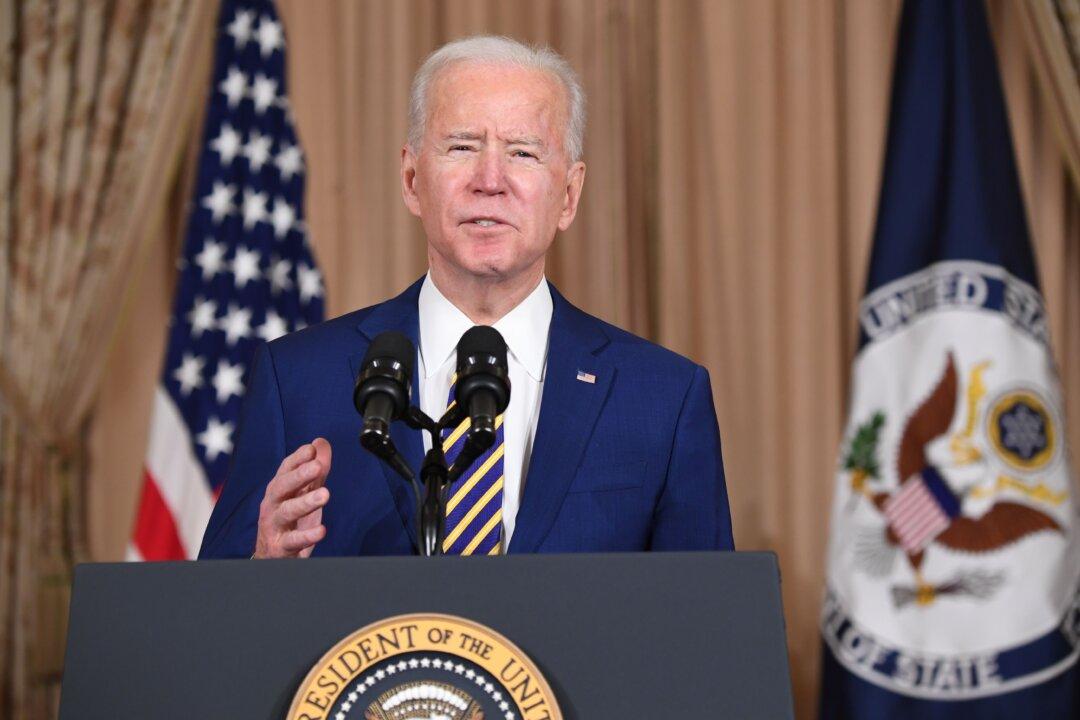The United States is reengaging with the United Nations Human Rights Council and plans to rejoin the body, the Biden administration said on Feb 8.
While the council “is a flawed body in need of reform,” the U.S. withdrawal in 2018 not only didn’t encourage meaningful change, it “created a vacuum of U.S. leadership, which countries with authoritarian agendas have used to their advantage,” Secretary of State Antony Blinken said in a statement.





